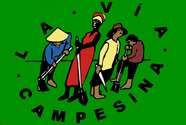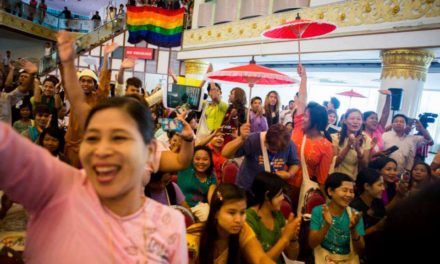NGOs Respond to Lamy. Criticize Services Negotiations, Process to Hong Kong Ministerial
Letter Cites Numerous Instances Where Proposals Were Ignored
Geneva – Trade unions and civil society organizations presented a detailed letter to WTO Director General Pascal Lamy today explaining how the WTO services negotiations are undemocratic and undermining the consensus mode of decision-making. The letter was in response to a 17 November letter from Lamy that claimed NGOs had misinterpreted the negotiating process.
Civil society took Lamy to task on his claim that the NGO critique was based on a “misunderstanding of services talks.” In a point by point critique of Lamy’s letter, the organizations rebuffed Lamy’s arguments. They pointed out that many developing countries submitted objections to elements of the services text, but those objections were repeatedly ignored by the Chair of the Services negotiations, Mexican Ambassador Fernando de Mateo. The letter cited statements from WTO members of ASEAN (Brunei Darusalam, Indonesia, Philippines, Thailand and Malaysia) and the African Group, Jamaica and Barbados among others that the Services negotiating text did not reflect their concerns.
They further reiterated that the Chair of the Services talks had indeed implied that there needed to be consensus by all WTO members to remove items from the negotiating text – so-called reverse consensus. They cited informal discussions held amongst Services negotiators on October 17-18 to substantiate their claims.
“It is impossible to come to a fair agreement with bad process,” said Shefali Sharma, of the Institute for Agriculture and Trade Policy. “The issues in the services negotiations and the current Hong Kong text are very serious – particularly for developing countries. The WTO continues to evade international norms for negotiations, even as we are just days away from the 6th Ministerial. We remain concerned that the new approach to the draft text is further exacerbating problems of legitimacy in the WTO. ”
“The current draft services text represents a threat to tens of thousands of public sector workers around the world,” said Mike Waghorne, Assistant General Secretary of Public Services International (PSI), the global federation for public sector trade unions. “In many developing countries, fledgling public services, already strapped for cash as a result of structural adjustment programmes, are being told to open their services to competition from service providers in developed countries. We fully sympathize with developing countries that say that the whole process of drafting the services text for Hong Kong has set aside their concerns about their own services development in the interests of multinational services companies from the North.”
Contributes Aileen Kwa, of Focus on the Global South, “It is common practice that Chairs abuse their power in the WTO and put forward texts that predominantly contain the positions of the powerful WTO Members – the US and EU. The positions and voices of a large majority of the developing world are wiped off the slate and these texts are then presented to Ministers in secret “Green Room” meetings for endorsement. At the same time, countries are warned by the powerful, not to dissent. This makes a mockery of the “bottom-up” negotiating process Lamy claims he is now putting in place. The process in the Services Council could not be more top-down”
The NGO letter of November 1, Lamy’s response of November 17, and the NGO response of November 30, can all be viewed at: tradeobservatory.org.




![[IN PHOTOS] In Defense of Human Rights and Dignity Movement (iDEFEND) Mobilization on the fourth State of the Nation Address (SONA) of Ferdinand Marcos, Jr.](https://focusweb.org/wp-content/uploads/2025/07/1-150x150.jpg)



